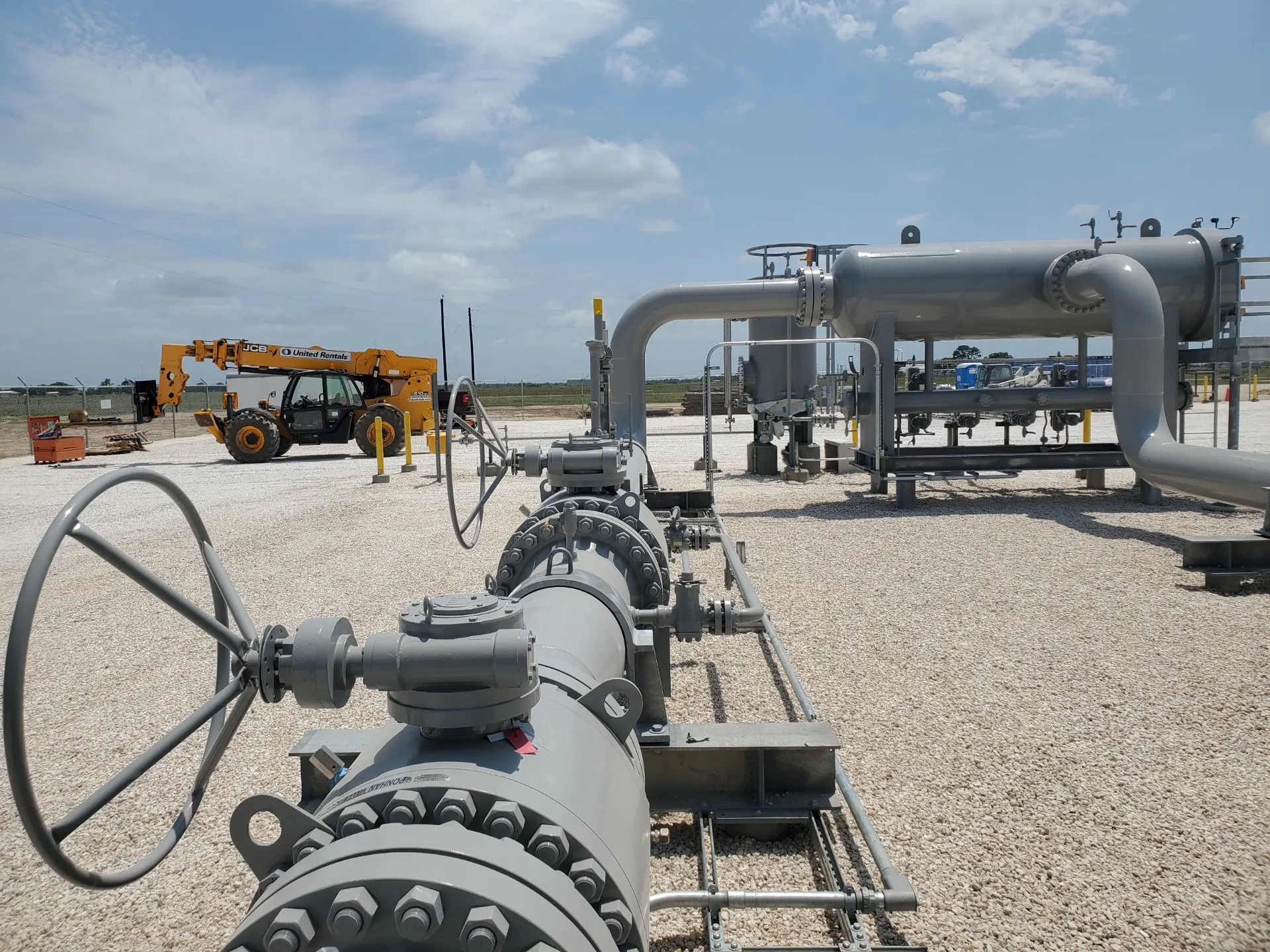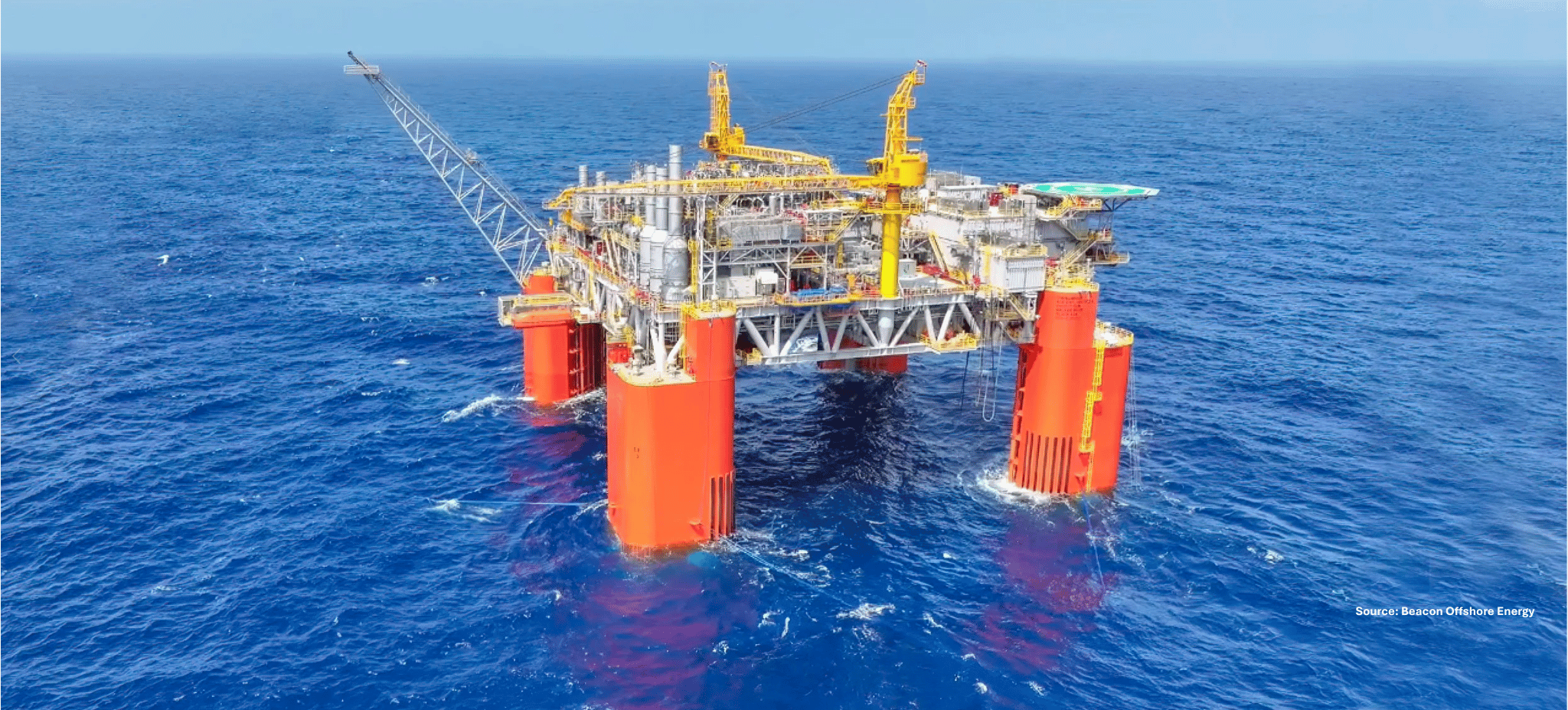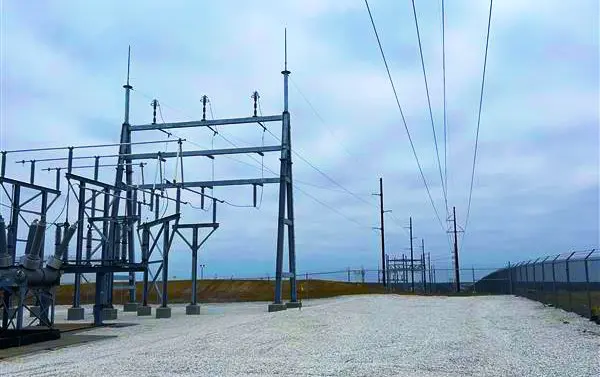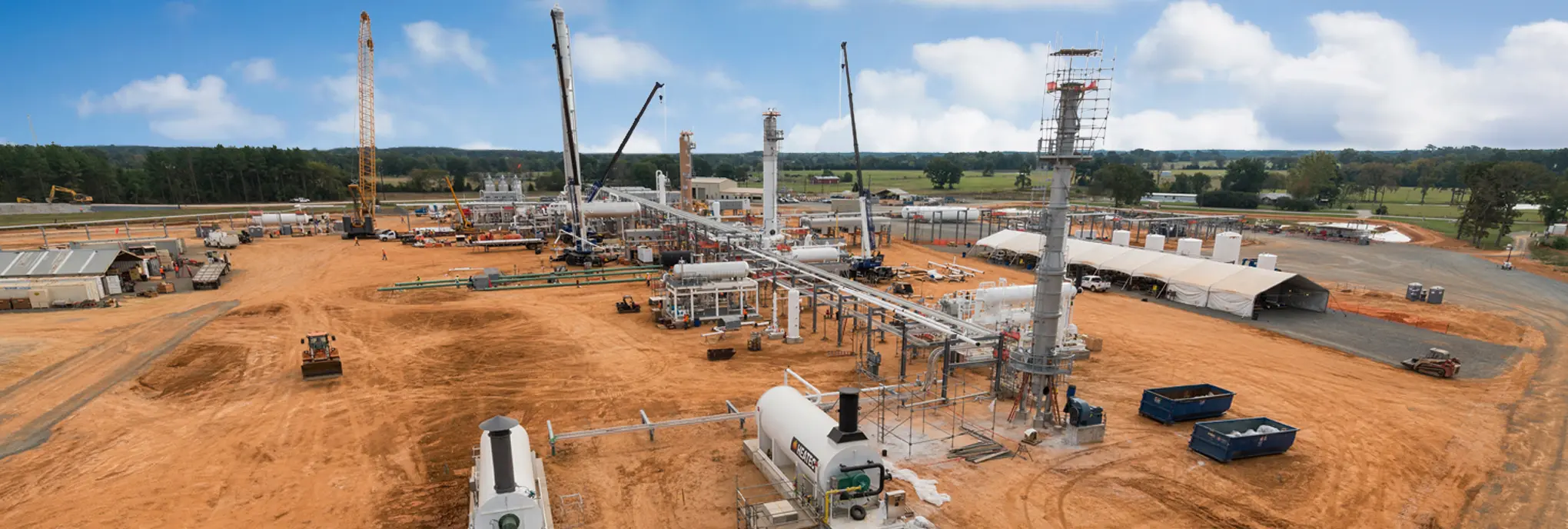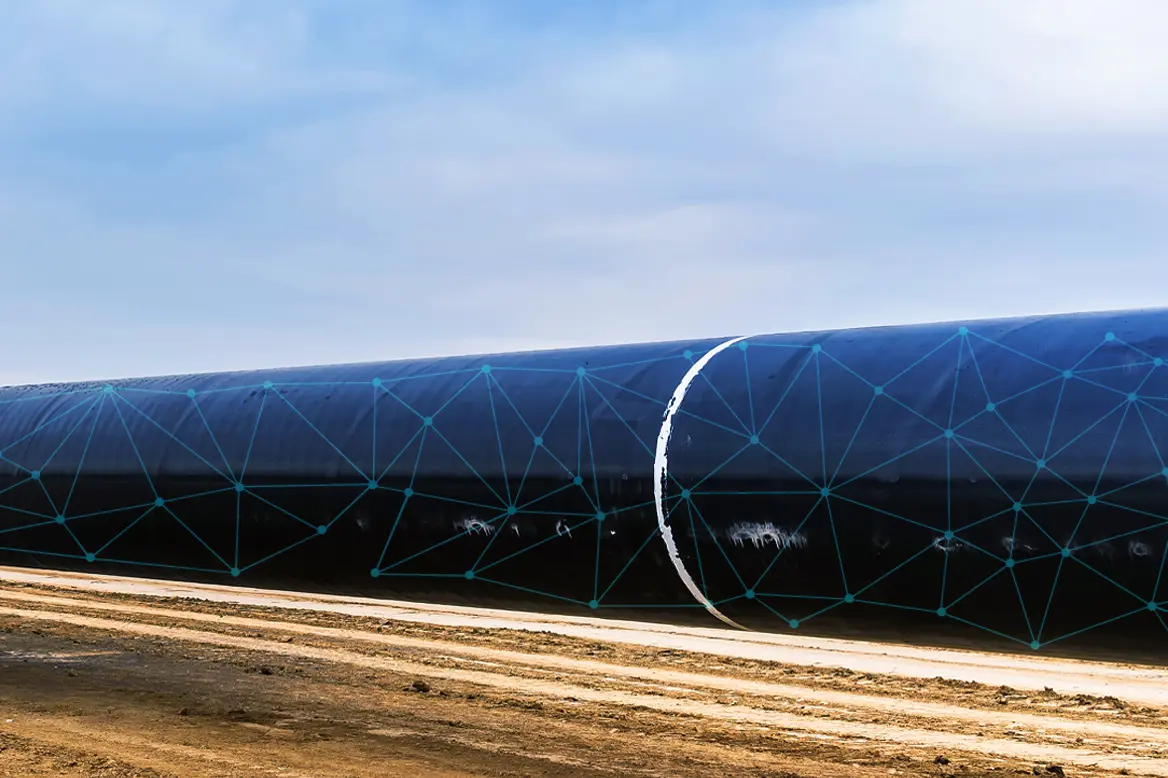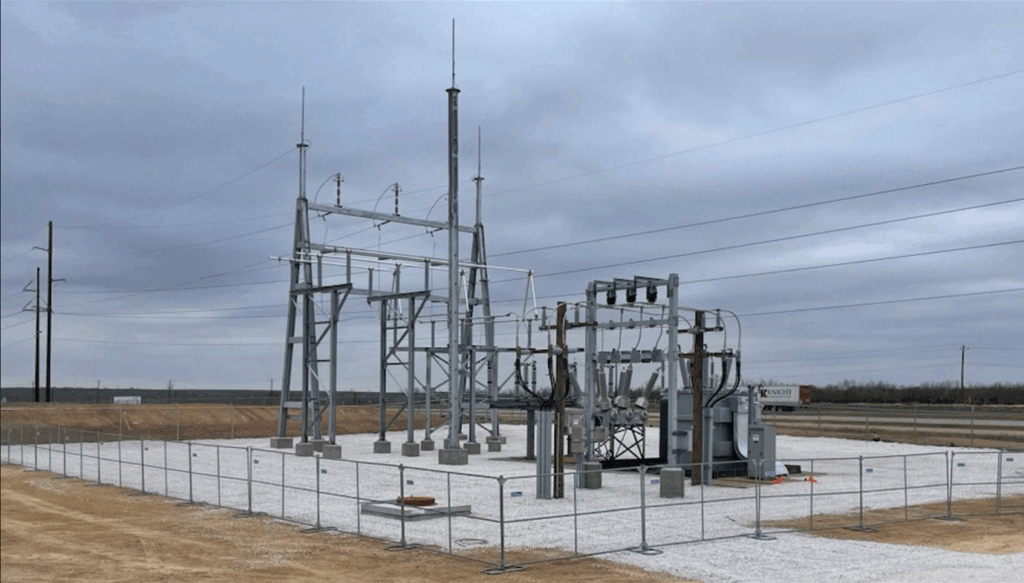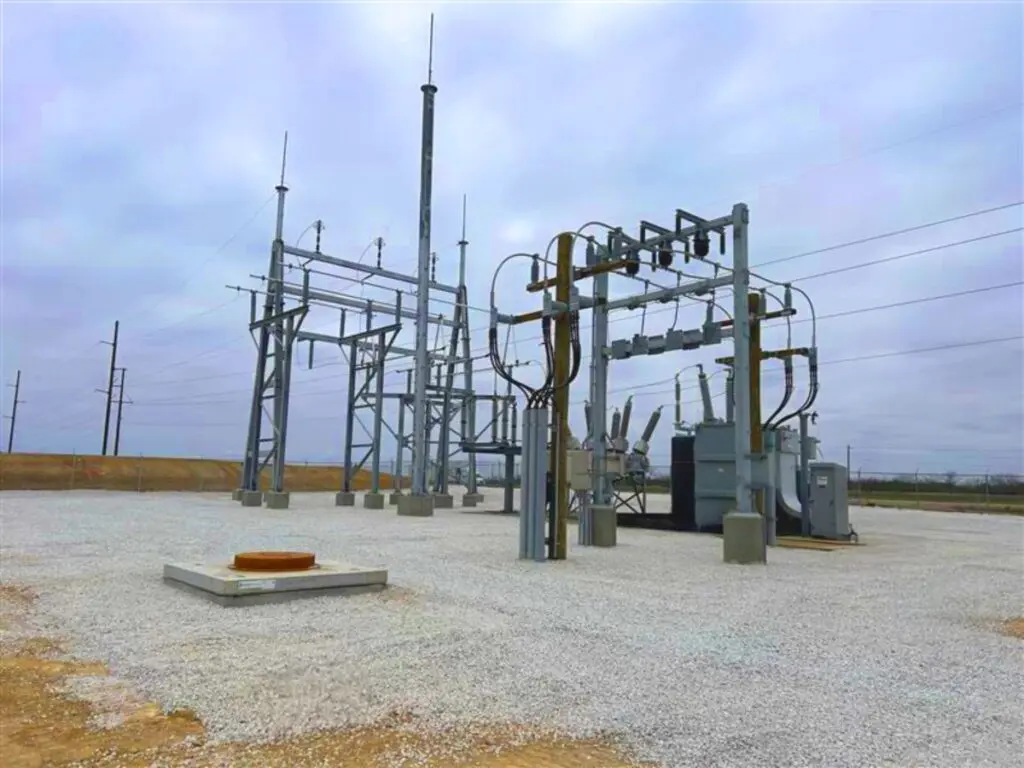

Want to share this article?
Examining the Value of Project Management and Execution Planning
Refining the steps of project execution on large capital projects has always been important to maintaining a high level of value and reducing long-term risks over a project’s lifetime.
However, it’s even more important to apply sharp focus to project execution during periods of significant market volatility. While scheduled exploration projects can be pared down, long-term extraction projects that have already moved well beyond the planning phase often must be carried out despite an economic downturn. As such, it’s vital those major capital projects have rock-solid project management “that aims for the balance between risk allocation and value retention.”
In order to meet this goal, a project management team will develop a process map that describes inputs and outputs of each phase of a project as well as the processes themself. One of those processes is the development of a project execution plan. The plan is based on input from the customer on project requirements and other vital details through a transfer of information (TOI) process. The output is an execution plan built on a set of principles that ensure contracted requirements and objectives are met, involving aspects such as cost, quality, and safety. Those principles take into account schedule, budget, procurement, risk management, engineering standards, procedural efficiency, safety, environment, quality, communication, document/data management, and reporting.
Cost control methodologies must be set up as part of project execution, laying out cost-benefit analyses, break even analyses, and revenue realization models for the different phases of the project. Work and production must also be managed, with progress being measured and reported through several defined methodologies. That may involve setting up milestones, using project planning software, and producing weekly progress reports. Project execution will also take into account a quality assurance plan that gauges submittals, procured materials, engineering, construction, and manpower via reviews, inspections, and audits.
One other important aspect of a project is change and how it will be dealt with throughout the project’s lifetime. This requires two additional project management and execution considerations: change and interface management. Changes in design, implementation, work schedules, and responsibility affect not only the direct participants but also those tangentially involved in the project. As such, changes must be documented and approved; schedule and cost must be reassessed; and accurate information must flow to all who are affected in a timely fashion. When implemented well along with the other execution strategies, minimal disruptions to work schedule and maximum long-term project value can be achieved.


